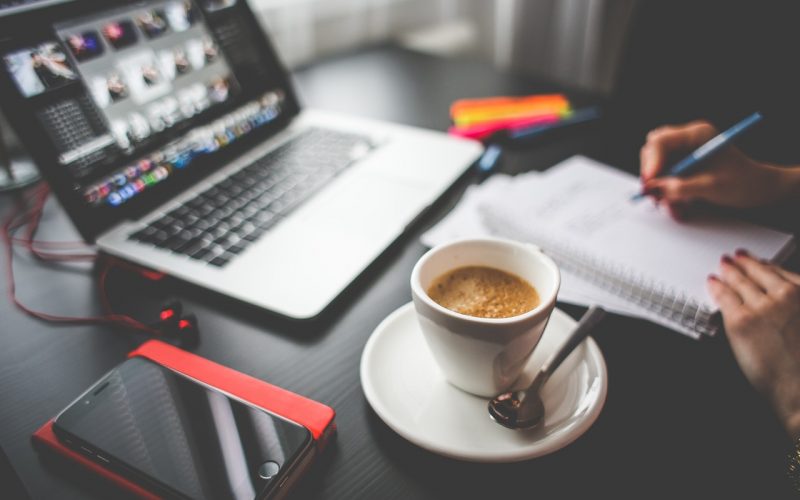You are probably having coffee while reading this. It is common for employees and employers alike to rely on coffee when they require an energy boost. Although some people prefer getting caffeine from their favorite energy drink or soda, coffee remains the most preferred source of caffeine around the world.
1. It can enhance willpower
Steve Jobs was known to wear one outfit every single day. He never had to think about what he would wear the coming day. That way, he managed to save willpower for more significant decisions. Turns out that you don’t have to wear the same outfit as Steve Jobs; all you require is a hot cup of coffee.
2. It boosts alertness and mental performance
Caffeine inhibits the adenosine receptors in the brain. Adenosine is responsible for drowsiness. This inhibition is what makes caffeine users less tired after they take coffee or any caffeinated drink. Caffeine also improved alertness and performance when taken in small doses. However, caffeine doesn’t affect all users in the same way. Some factors that determine its effect on an individual include your age and weight, the amount you consume and your quality of sleep. Understand that over time you will build a tolerance to caffeine, such that one cup will not be enough.
3. It can assist you to learn faster
Most people like reading content such as magazines, blog articles, books, and journals. The information they acquire enables you to study thoroughly and pay attention to the content they are consuming. As little as 200mg of caffeine can help you read and identify phrases faster than you would without taking coffee.
4. It might affect your quality of sleep
When taken in small doses, caffeine doesn’t have detrimental effects on your sleep schedule. In fact, it helps you rest better. However, if you consume too much coffee, you might find it challenging to sleep at night. Caffeine overuse might also cause heart palpitations, upset stomach, and jitters.

